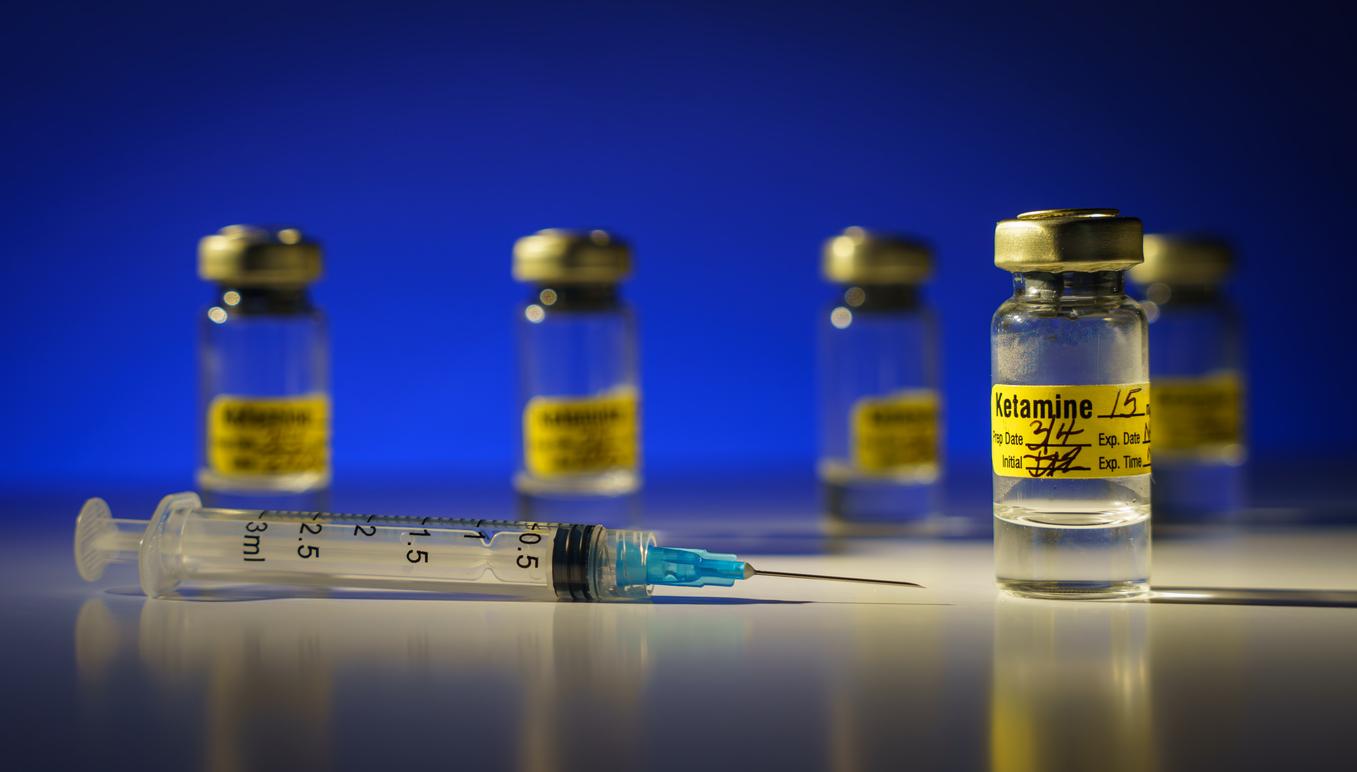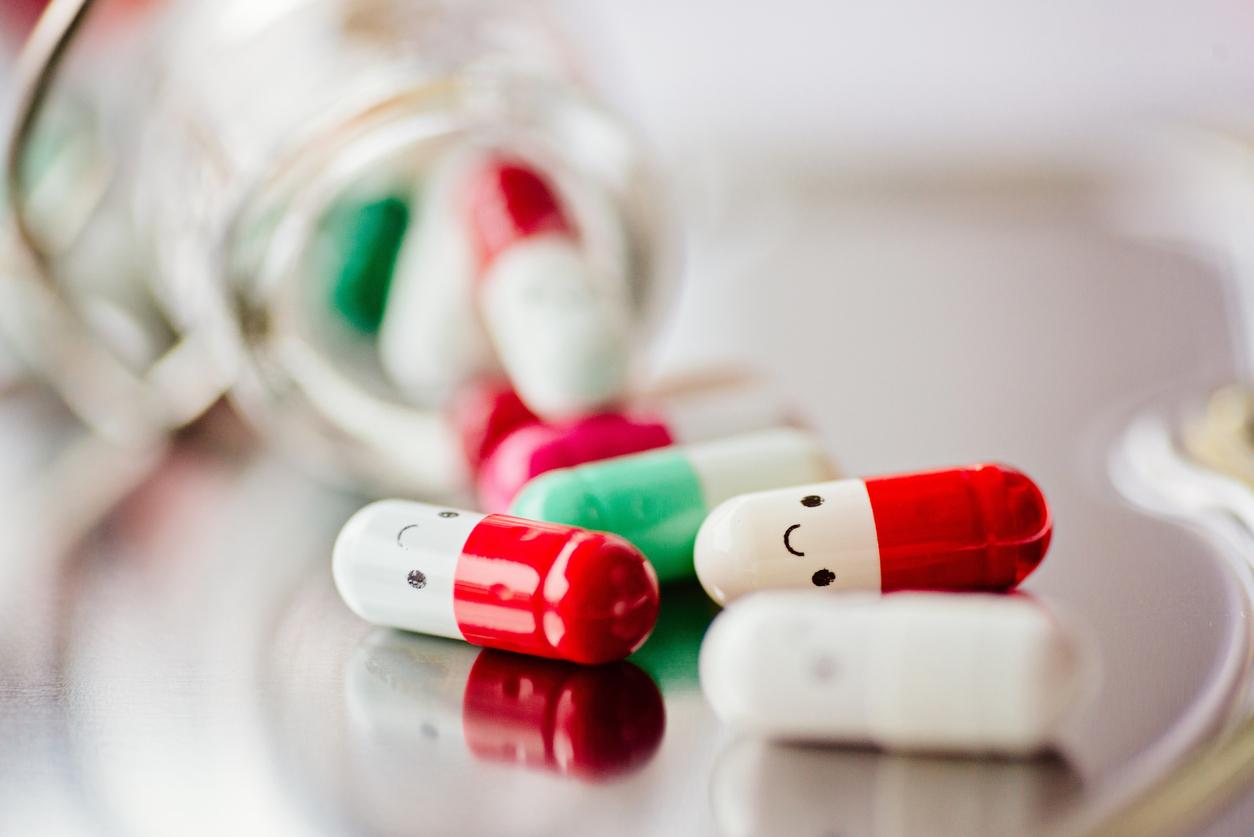According to work carried out by researchers at King’s College London, there is a link between major depressive disorder and the immune system as well as inflammation.

- About one in three people with depression have high levels of inflammation.
- By studying gene activity in the blood, researchers saw that people with depression who had increased levels of inflammation had increased activity of genes related to the immune system and metabolic activity.
- For the team, personalized approaches should be developed based on the biological differences observed.
About one in three people with depression have high levels of inflammation, the result of chronic activation of the immune system. Researchers at King’s College London wanted to better understand this phenomenon, especially since patients suffering from depression and inflammation have a greater risk of not responding to antidepressants.
The team details their discovery about the link between depression, the immune system and inflammation in a paper published in the journal Molecular psychiatry.
Depression and increased inflammation are linked
To shed light on the biological mechanisms underlying this increase in inflammation in depressives, researchers used mRNA sequencing. They analyzed blood samples from 139 volunteers using this technology which measures the activity of all genes expressed in the blood.
These tests showed that there is significant activation of genes related to the immune system when the body has moderately increased inflammation. Furthermore, there is additional activation of genes involved in metabolic processes (i.e. related to how we produce, consume and store energy) in people who are depressed and have very high levels of ‘inflammation.
During this work, the team also identified a specific gene expression profile in people who had responded effectively to an antidepressant. They showed changes in biological mechanisms, not only for the inhibition of immune function, but also for the protection of the brain.
“This suggests that these biological processes may play a role in recovery from depression and how antidepressants work.”specify the researchers in a press release.

Depression: a personalized approach based on biological differences
Faced with the different results obtained, scientists believe that genes and their associated biological models could explain the differences between the different types of depression. For example, forms which respond to treatment, those which do not respond or those which develop or not medical comorbidities such as diabetes and cardiovascular problems.
“Our research highlights the need to understand the biological basis of different types of depression, moving away from the traditional approach towards more targeted and personalized approaches”indicates Professor Carmine Pariante.
“With gene expression, we could capture something different from what is clinically observable, something ‘in between’ between what is encoded in our genes and what ultimately manifests. Such research could therefore help to fully understand the biology of depression”adds his colleague, Professor Annamaria Cattaneo.
For these two experts, focusing on individual biological differences would make it possible to develop personalized medical approaches to depression, and to help patients who do not respond to standard treatments.
















